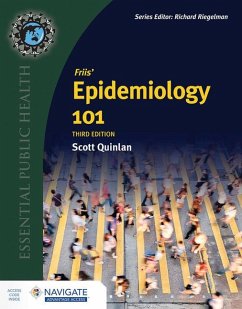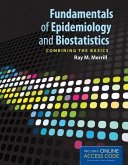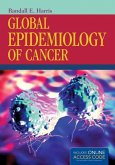"In the wake of the COVID-19 pandemic, the MPox epidemic, recent outbreaks of Ebola, and a growing focus on the role of social determinants in health disparities, and more, there is increasing motivation and need to learn about epidemiology.Friis' Epidemiology 101, Third Edition is a clear and accessible resource designed to provide students with a solid foundation in basic epidemiologic concepts while also demonstrating how these concepts can be applied to problems in everyday life. In keeping with the prior editions, this non-technical text is written for students with little or background in health and biostatistics, and offers numerous case studies, text boxes, vignettes, exhibits, photographs, figures, and illustrations to engage readers.Key Features Updated throughout with new data and examples. Coverage of the COVID-19 pandemic, mPox, the drug overdose epidemic, and an enhanced understanding of the social determinants of health. Additional discussion of epidemiology applications including chronic disease epidemiology and epidemiology of aging. A streamlined and reorganized introduction to study designs. Practice problems at the end of each chapter give students the opportunity to apply the skills that they're learning"--








